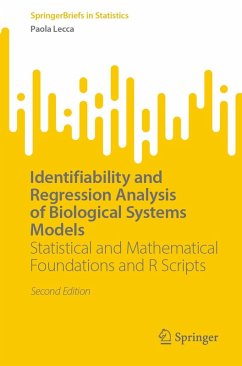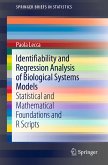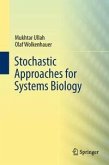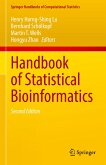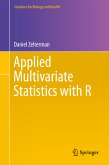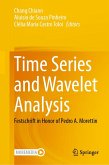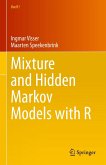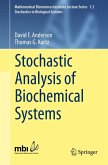Although the featured examples mainly focus on applications to biochemistry and systems biology, the methodologies described can also be employed in other disciplines such as physics and the environmental sciences. Readers will learn how to determine identifiability conditions, how to search for an identifiable model, and how to conduct their own regression analysis and diagnostics without supervision.
This new edition includes a concise, yet comprehensive treatment of the main artificial intelligence methods which can be used for parameter inference in models of complex dynamic biological systems. It emphasizes the most efficient solutions for generating synthetic data that augment the training data and which are indispensable for machine learning procedures.
Featuring a wealth of real-world examples, exercises, and R codes, the book addresses the needs of doctoral students and researchers in bioinformatics, bioengineering, systems biology, biophysics, biochemistry, the environmental sciences and experimental physics. Familiarity with the fundamentals of probability and statistics (as provided in first-year university courses) and a basic grasp of R are assumed.
Dieser Download kann aus rechtlichen Gründen nur mit Rechnungsadresse in A, B, BG, CY, CZ, D, DK, EW, E, FIN, F, GR, HR, H, IRL, I, LT, L, LR, M, NL, PL, P, R, S, SLO, SK ausgeliefert werden.
Hinweis: Dieser Artikel kann nur an eine deutsche Lieferadresse ausgeliefert werden.

